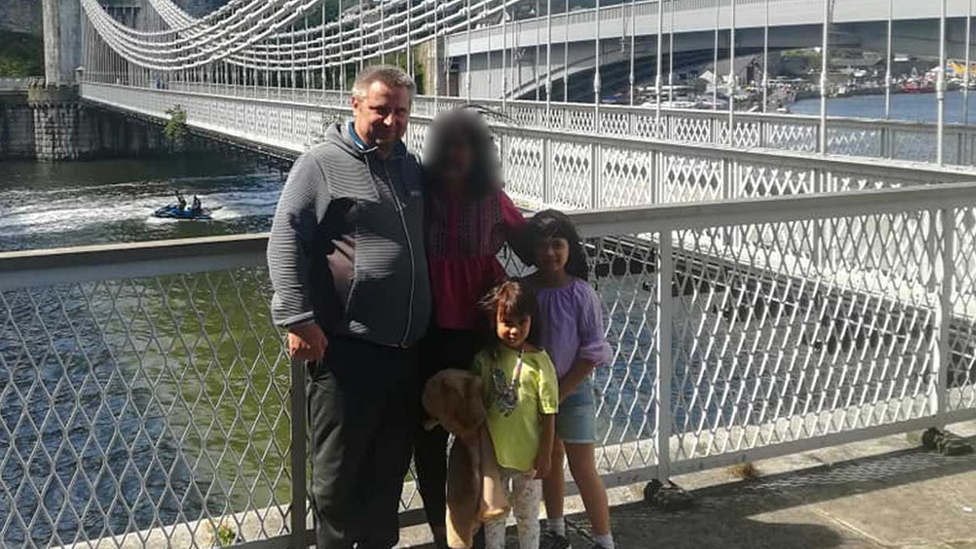Senior officer defends new mental health approach
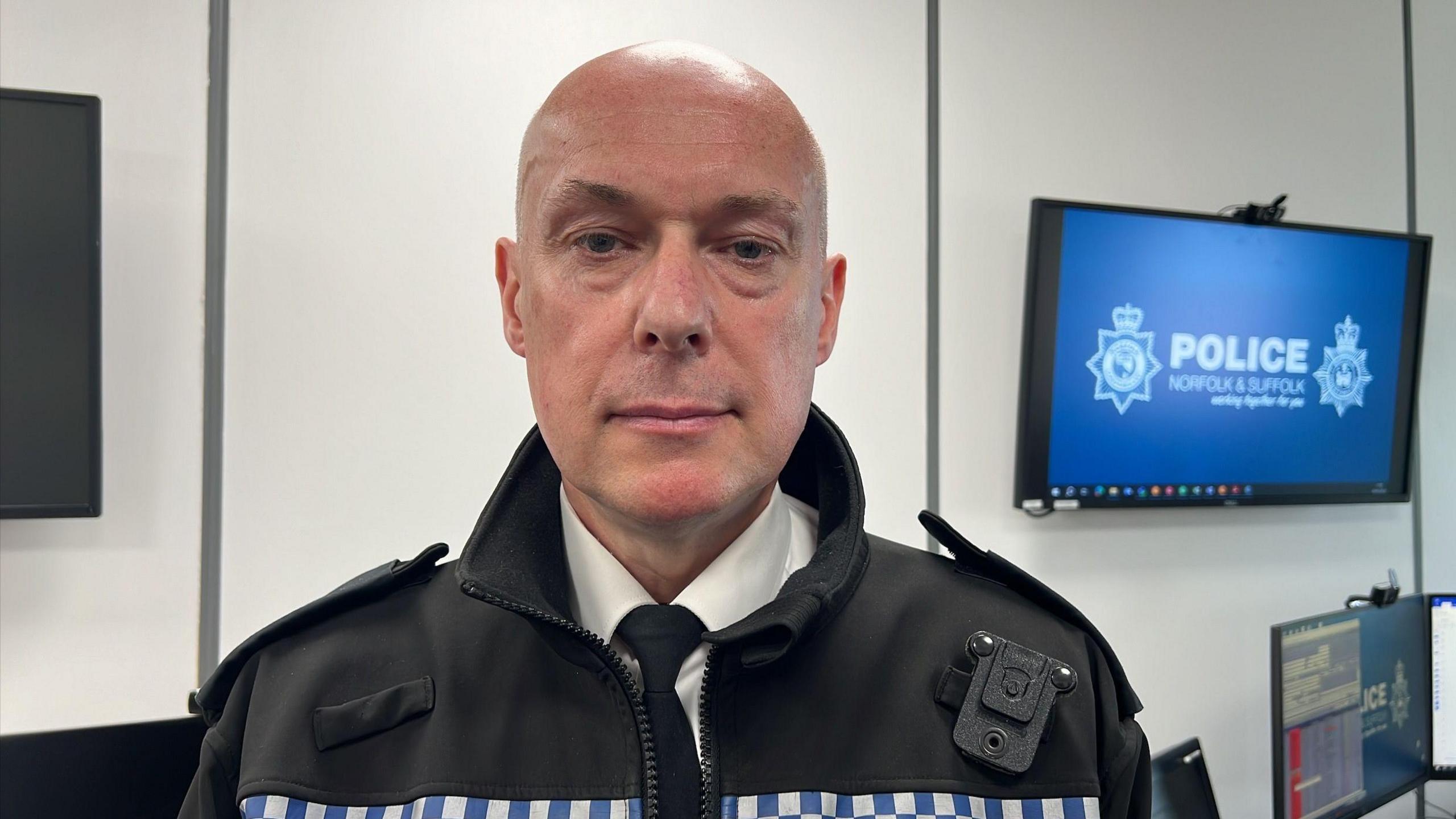
Assistant Chief Constable of Norfolk Police Nick Davison says "partners" will provide necessary provision
- Published
A senior police officer has insisted his force was not "washing its hands" of people in need of mental health support.
On Wednesday, Norfolk Police introduced a controversial initiative called Right Care, Right Person (RCRP), external, which would see officers respond to fewer mental health-related calls.
Instead, some people in need of help will be diverted to other organisations such as the NHS or ambulance service.
Assistant Chief Constable Nick Davison said the force would still respond to emergencies when there was a significant risk to life or harm.
"There's a paramedic and mental health nurse in a rapid response vehicle that is in existence in the county that can provide responses," he said.
"It's not as though there is no service provision in Norfolk at all."
RCRP has been introduced by a number of police force across the UK.
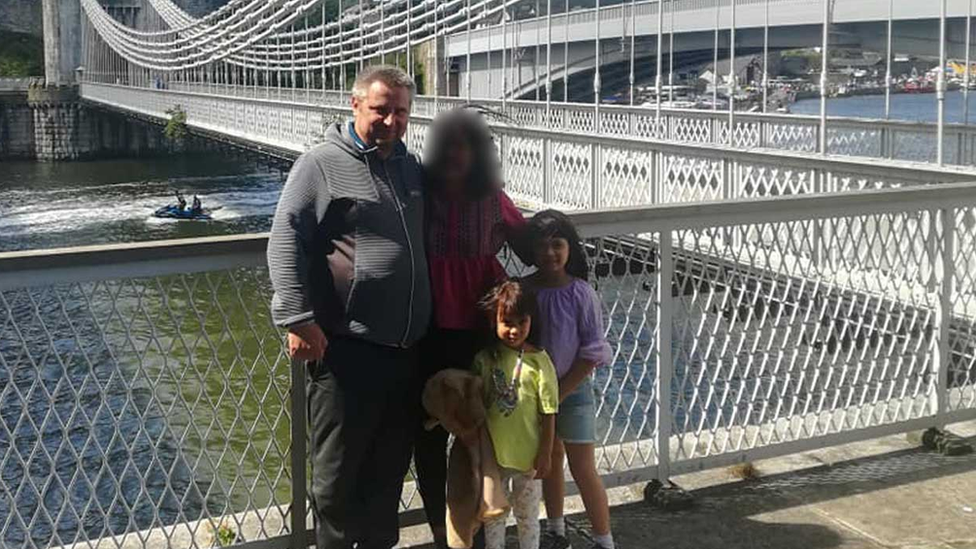
Bartlomiej Kuczynski, 45, Kanticha Sukpengpanao, 36, 12-year-old Jasmin Kuczynska, and Natasha Kuczynska, aged eight, were found dead by police officers in Costessey on 19 January
In January it emerged that a man found dead inside a house in Costessey, near Norwich, alongside two young girls and a woman, had previously called 999 and was directed to NHS 111.
ACC Davison said it was "impossible to say" whether RCRP would have made a difference to the outcome of the deaths.
Last week, a report by His Majesty's Inspectorate of Constabulary and Fire & Rescue Services (HMICFRS), which was commissioned by Norfolk's former Police and Crime Commissioner Giles Orpen-Smellie following the deaths in Costessey, found Norfolk Police's control room must improve the way it handles emergency calls involving vulnerable people.
However, the inspectorate said that, overall, call handlers provided "an effective and professional service to the public" .
Last year, Norfolk Police received almost 23,000 "welfare calls", accounting for 12% of its overall demand.
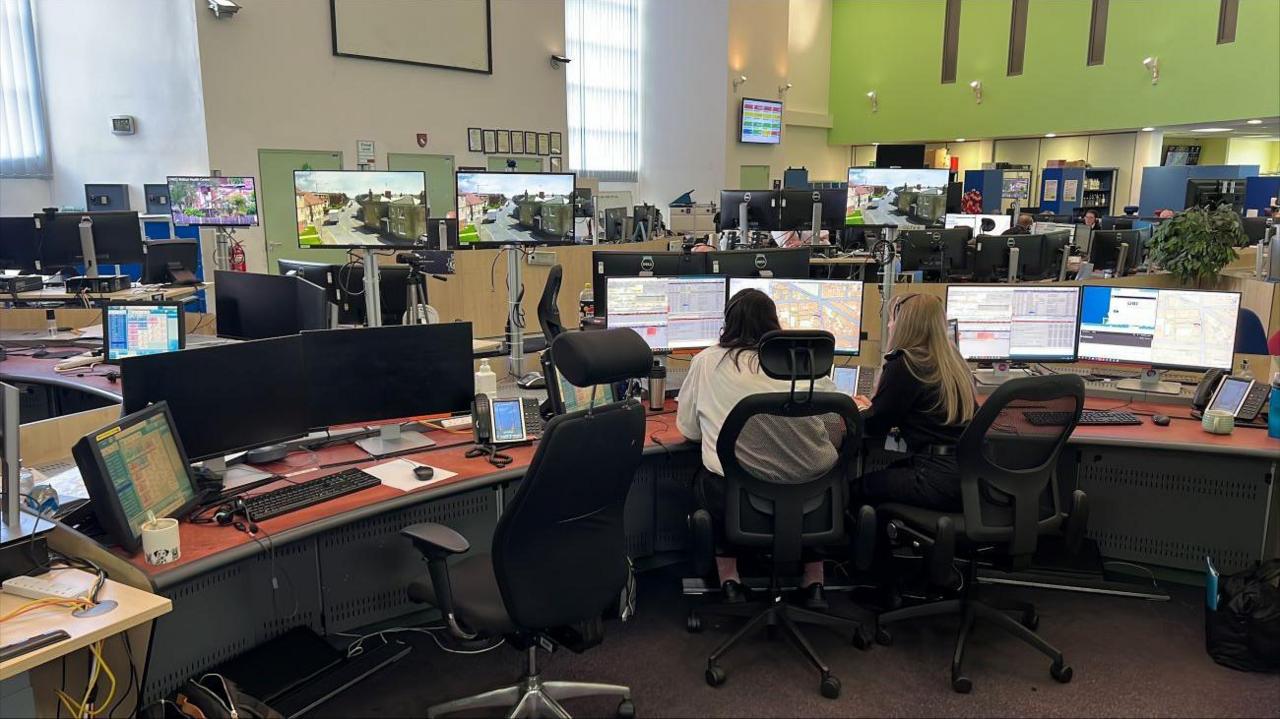
A report found Norfolk Police's control room must improve the way it handles some emergency calls
Campaigners in Norfolk had previously questioned the timing of RCRP's roll out, with one describing it as "unsafe and reckless".
Tracey Bleakley, chief executive of NHS Norfolk and Waveney Integrated Care Board (ICB), said: "We have taken steps to tailor the model for Norfolk and are working together with our partners in health and social care, so we can make the necessary changes to service provision and ensure vulnerable people are given appropriate care by the appropriate agency.
"We have also been collaborating with local experts by experience as part of this work and will continue to monitor the implementation across Norfolk."
Follow Norfolk news on Facebook, external, Instagram, external and X, external. Got a story? Email eastofenglandnews@bbc.co.uk, external or WhatsApp us on 0800 169 1830
Related topics
- Published2 February 2024
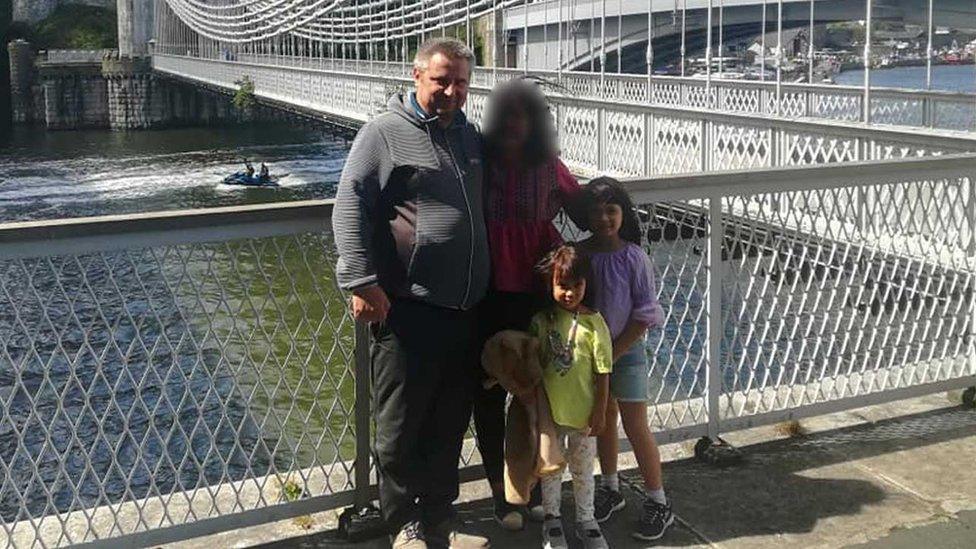
- Published24 May 2024
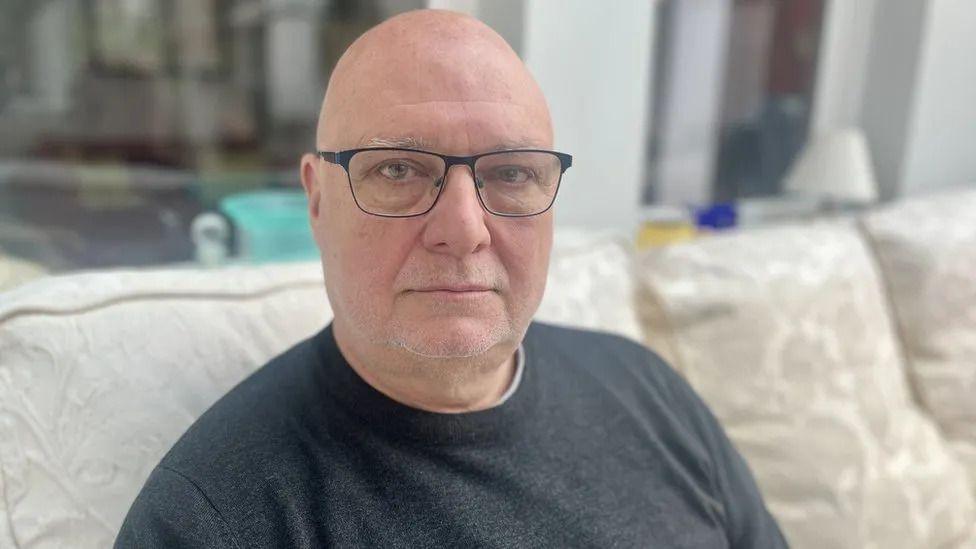
- Published24 May 2024
